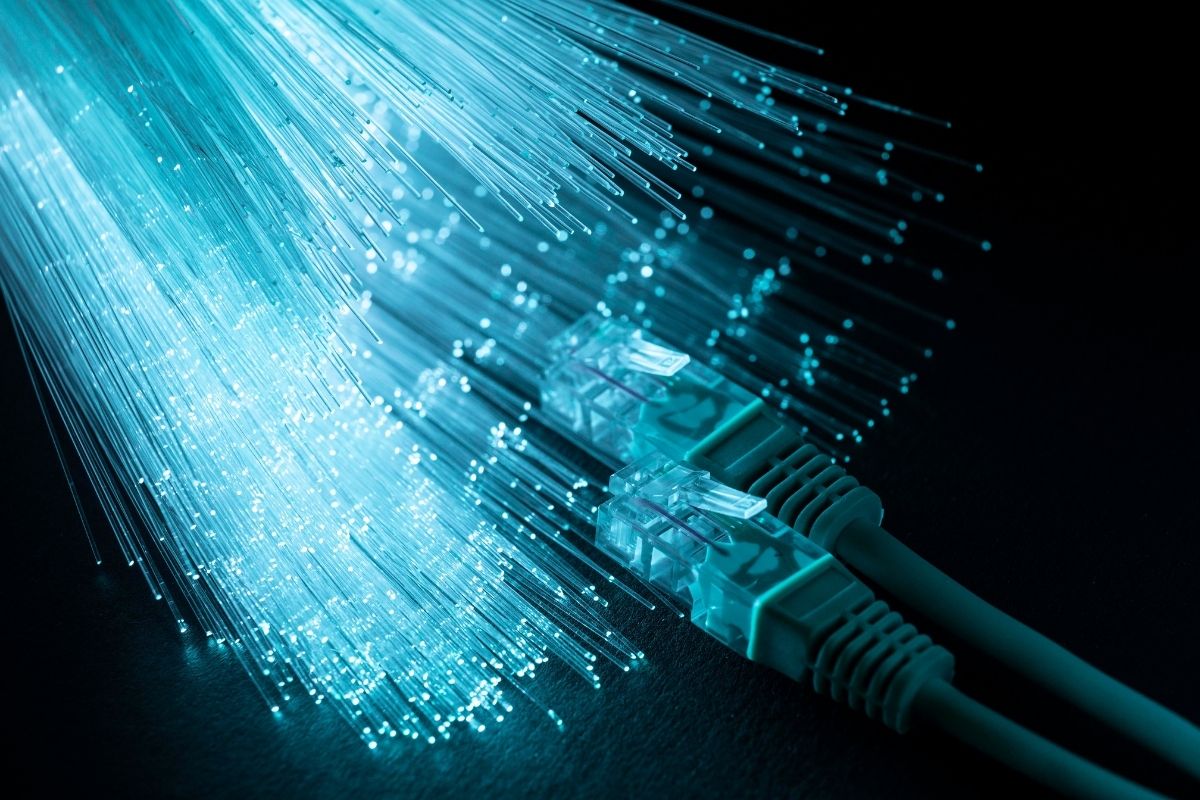Like everything, technology also its pros and cons. While we all know the pros that technology brings to our lives, in recent years, technology has started to face backlash for its negative attributes. One segment that is majorly impacted by the growth of technology is the environment we live in. However, innovators in the tech space are being mindful of the environmental impact of the technology they create and are coming up with solutions for the same, which lets technology co-exist with the environment. Fibre Optic Broadband Technology is one step towards a sustainable future. Fibre Optic Broadband Technology uses fibre optic cables made up of thin glass strands and are of the diameter of a human hair. The Fiber Optic Broadband Technology can transmit data, voice and images at the speed of light. There are many elements or features of the Fiber Optic Broadband Technology that makes it very environmentally friendly.
Fibre Optic Broadband Technology Uses Eco-friendly Material
Traditionally, broadband bandwidth was transferred using copper wires as a medium. Copper is a metal that has to be mined. Copper mining releases chemical toxins like Sulphur Dioxide that impacted the environment and were the cause of acid rains. Acid rains not only harm vegetation but also has harmful effects on the human skin. Fibre Optics, on the other hand, are made of thin strands of glass. The natural compound that creates glass is Silicon Dioxide, which does not produce harmful chemicals.
Fibre Optic Broadband Technology Uses Less Energy
The transmission of data through fibre optic cables happens using light. This makes Fiber Optic Broadband Technology use 12 times less energy for data transmission. The higher energy required by a cable means, the more it will heat up. This increases energy consumption as an air conditioner needs to be used to avoid the cables from overheating. As fibre optic cables require less energy, they do not require to be cooled down, which saves even more energy.
Fibre Optic Broadband Technology Is a Sustainable Option
Fibre Optic Broadband Technology reduces dependency on heavy metals like lead and mercury. This makes them an environmentally friendly alternative in the long run. Fibre Optic Cables are highly resilient. They can function without extreme weather conditions, which reduces the need for frequent repair and maintenance. When an internet service provider wants to upgrade their network, they will not have to replace the wires and can simply just upgrade the technology.
